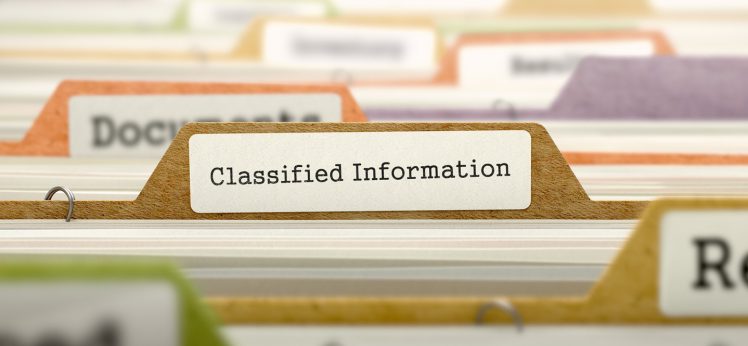
How much is BC giving to natural gas companies?
by Ben Parfitt | June 24, 2019
All British Columbians have a stake in the pricing of natural resources. When trees are logged, when minerals are mined, when fossil fuels are drilled, the companies doing the extracting pay fees to the Province in recognition that the resources are publicly owned. It is therefore in everybody’s interest to know how the government prices …
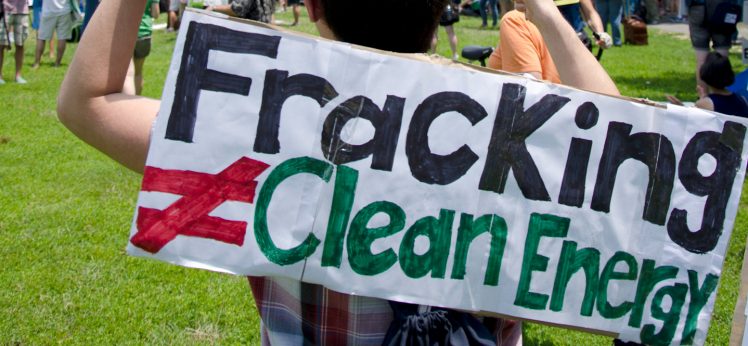
LNG’s big lie
by Marc Lee | June 17, 2019
The federal government is seeking to use a clause in the Paris Agreement on climate change to get emissions credits for exports of liquefied natural gas (LNG) to Asian countries. This plan is nonsensical for a number of reasons, but at its heart is the “big lie” that LNG will help to reduce global emissions. …
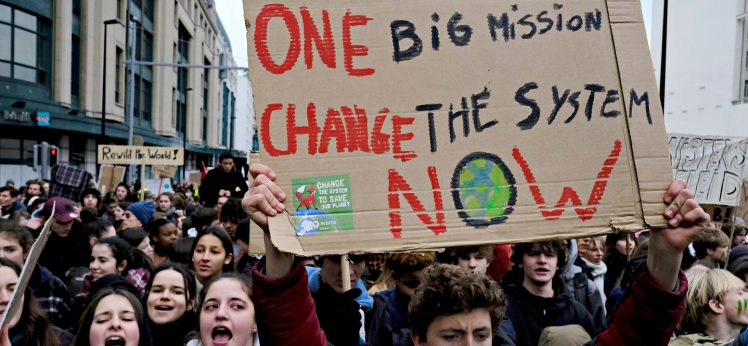
What would a fossil fuel wind-down look like?
by Marc Lee | June 12, 2019
Canada has an uneasy history when it comes to fossil fuels and climate change. Our leaders have been great at setting far-off targets for reducing greenhouse gas (GHG) or carbon emissions, then failing to meet them. As part of the 2015 Paris Agreement on climate change, Canada committed to a 30-per-cent reduction in carbon emissions …
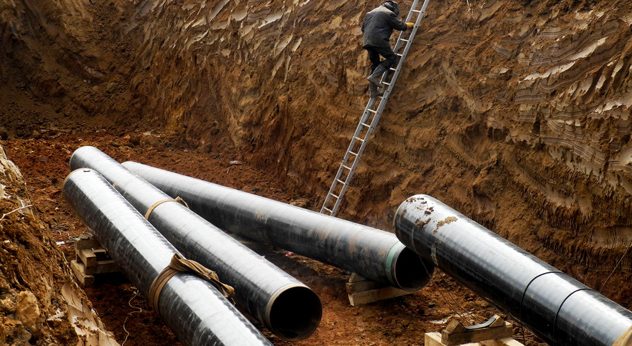
Reality check: High BC gas prices and pipeline rhetoric from Alberta’s new premier
by David Hughes | May 7, 2019
Alberta’s new premier, Jason Kenney, has wasted no time engaging in belligerent actions to “get Alberta’s resources to market.” Right off the bat he passed the “turn off the taps” bill to cut off BC’s supply of oil if the Province doesn’t reverse its stance opposing the Trans Mountain pipeline expansion (TMX). He also claimed …
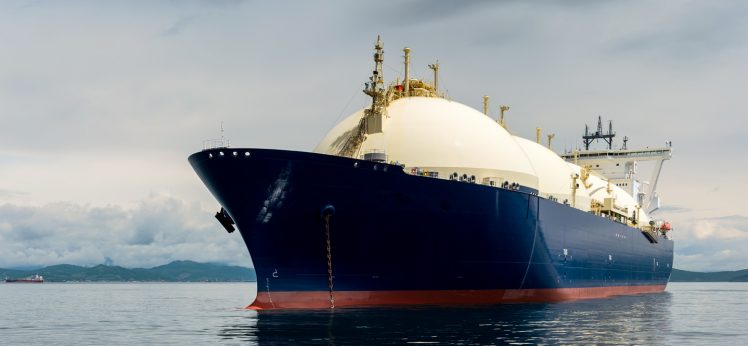
BC’s LNG tax breaks and subsidies offside with the need for climate action
by Marc Lee | May 6, 2019
The BC government’s new fiscal framework for LNG is fundamentally at odds with the province’s CleanBC climate plan. Details in the government agreement with LNG Canada show that BC is subsidizing fossil fuel production at a time when we need to keep it in the ground. The BC government made four major concessions in the …
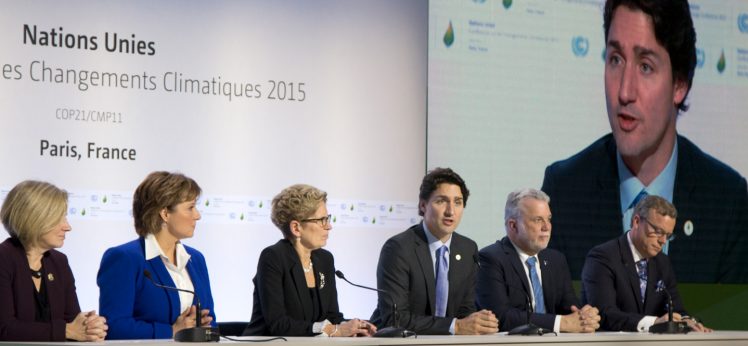
Canada’s Climate Conundrum: Government oil and gas production policies will doom emission reduction targets
by David Hughes | May 2, 2019
In 2015 Prime Minister Justin Trudeau proclaimed in Paris that “Canada is back!” and committed to a 30-per-cent emissions reduction from 2005 levels by 2030. So how is that going? According to Canada’s most-recent submission to the UN, emissions were down a mere two per cent from 2005 levels as of 2017. If Canada was …
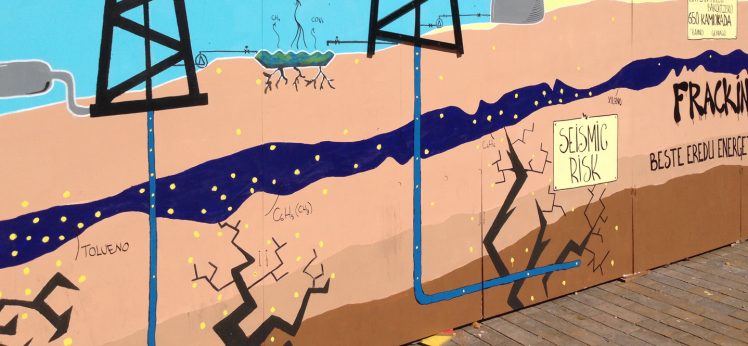
Memo to northeast BC: More fracking earthquakes ahead
by Ben Parfitt | April 30, 2019
Of the many “unknowns” flagged in a recent science panel report, few are as disturbing as the finding that no one can say how destructive an earthquake may one day be triggered during brute-force oil and gas industry fracking operations. The panel’s report—commissioned by Michelle Mungall, BC’s Minister of Energy, Mines and Petroleum Resources—has landed …
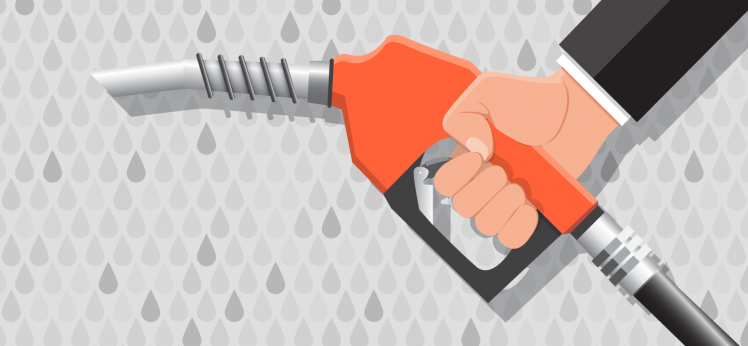
Turn off the taps? Alberta already has Vancouver over a barrel
by Marc Lee | April 29, 2019
Drivers in Metro Vancouver are reeling from record high gas prices, and many commentators are blaming taxes. Now, Alberta’s Premier-elect Jason Kenney is threatening to “turn off the taps” to push prices even higher because, it is alleged, BC is causing them to lose billions of dollars in oil revenues by opposing the Trans Mountain …
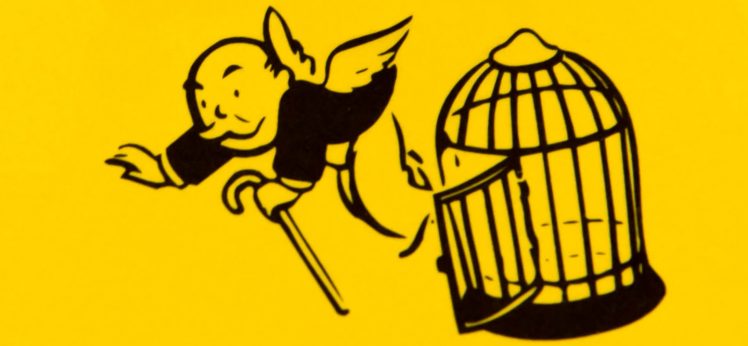
Deferred prosecution agreements or avoid jail and pay a fine
by Ben Parfitt | March 29, 2019
Deferred prosecution agreements—or DPAs—are much in the news these days thanks to now former Attorney General Jody Wilson-Raybould’s momentous resignation from the federal cabinet. DPAs are a corporate get-out-of-jail-free card or, more precisely, an avoid-jail-and-pay-a-fine-instead card. They became a reality in Canada last year after being slipped into a 500-page federal omnibus budget bill and …
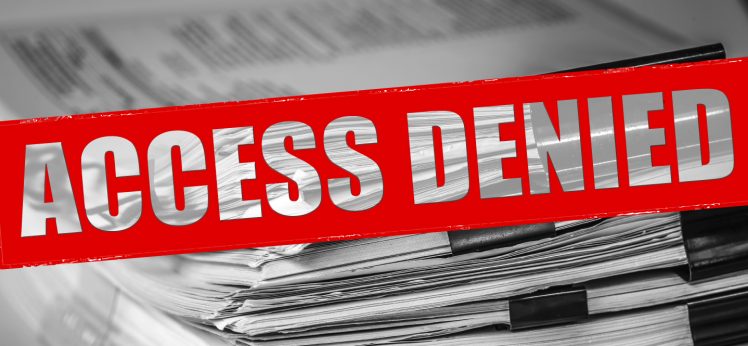
Professor taking the University of Regina to court over denied freedom of information request. Why won’t they comply?
by Emily Eaton | March 26, 2019
It is bad enough that the University of Regina won’t heed the recommendations of Saskatchewan’s information and privacy commissioner to release research funding information. Now the university wants legal arguments to be submitted confidentially in a closed court. You’re not alone if you did a double take on that. The issue arose in November 2017 …
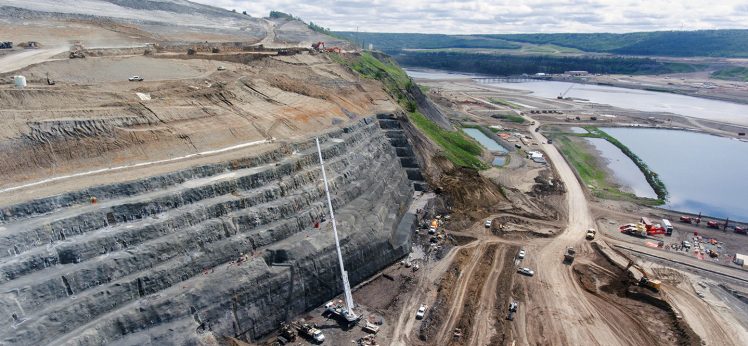
Shaking the Peace: Fracking-induced earthquakes rattle BC Hydro execs and farmers alike
by Ben Parfitt | March 21, 2019
BC Hydro officials were so alarmed by an earthquake that shook the ground at its sprawling Site C dam construction project in late November, they ordered a halt to all work and got on the phone to British Columbia’s Oil and Gas Commission (OCG). The 4.5 magnitude earthquake was linked to natural gas company fracking …
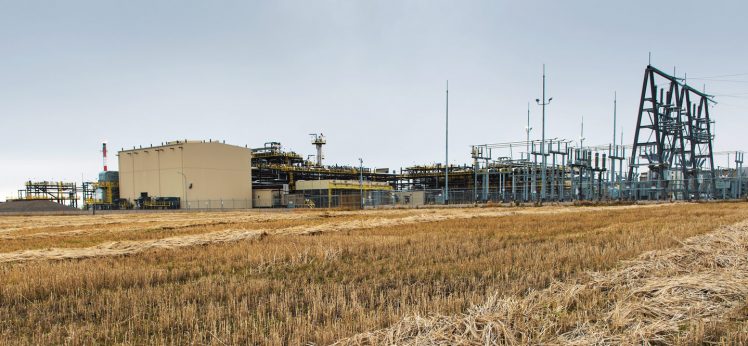
How clean is a BC that subsidizes accelerated fossil fuel extraction?
by Ben Parfitt | February 25, 2019
When the provincial government unveiled its new climate plan late last year, Environment Minister George Heyman, Green Party leader Andrew Weaver and Premier John Horgan presented a happy, united front as ceremonies got underway at Vancouver’s main library. But the biggest smiles of the day may have been on the faces of senior executives at …











